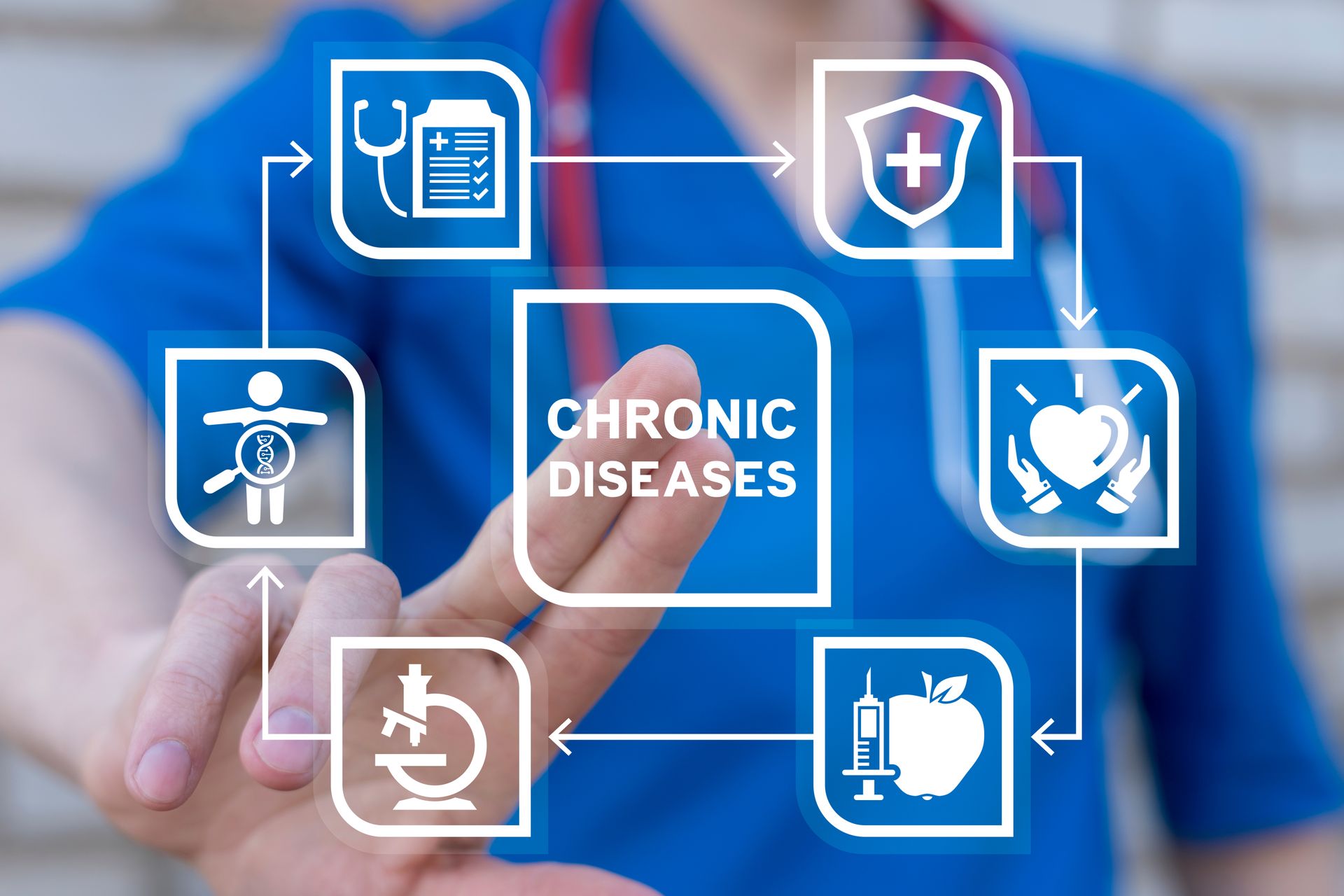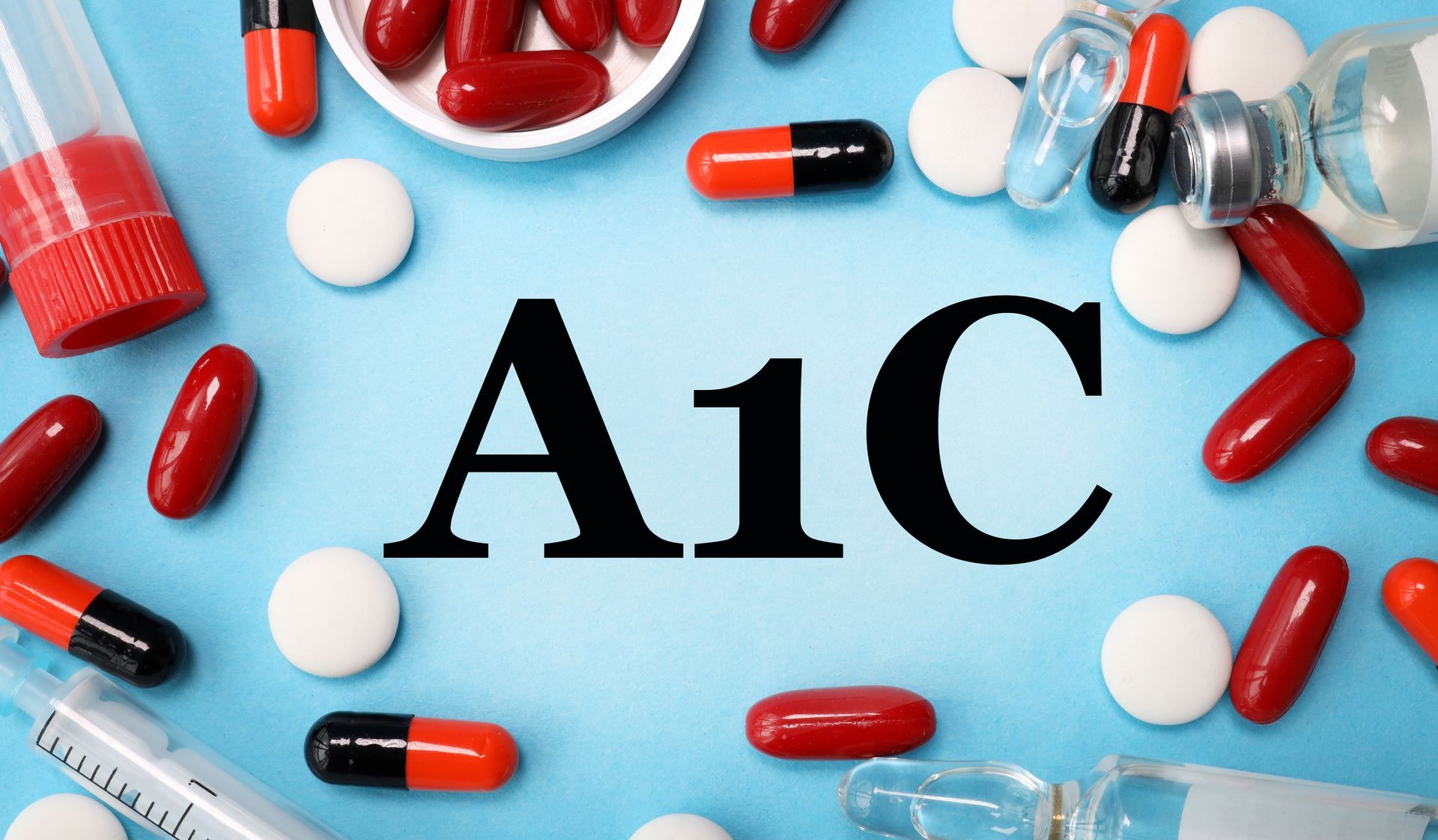Recent Posts
How Primary Care Doctors Help Manage Chronic Conditions Like Diabetes and Hypertension

Managing chronic conditions such as diabetes and hypertension requires ongoing care, lifestyle adjustments and regular medical monitoring. Primary care doctors play a crucial role in helping patients manage these conditions by providing preventive care, personalized treatment plans and continuous support. At St. Hope Healthcare, our experienced primary care team is dedicated to helping patients achieve better health and improve their quality of life.
The Role of Primary Care Doctors in Chronic Disease Management
Primary care doctors serve as the first line of defense in managing chronic diseases. Scheduling regular checkups allows your doctor to observe warning signs and recommend lifestyle changes or prescribe medication to help prevent chronic conditions, including hypertension and diabetes.
If you are diagnosed with either diabetes or hypertension, a family doctor can help you manage symptoms, slow or prevent progression, and refer you to specialists if needed.
Early Detection and Diagnosis
One of the key responsibilities of a primary care physician (PCP) is detecting chronic conditions early. Regular checkups and screenings allow doctors to identify warning signs before a condition progresses. Early diagnosis of diabetes or hypertension enables timely intervention, preventing complications such as kidney disease, heart attacks or strokes.
Personalized Treatment Plans
Once a chronic condition is diagnosed, primary care doctors develop a customized treatment plan tailored to the patient’s specific needs. These plans may include:
- Medication management– Prescribing the right medications and adjusting dosages as needed.
- Dietary and lifestyle recommendations– Encouraging healthy eating habits and physical activity.
- Monitoring and follow-ups– Scheduling regular appointments to track progress and make necessary adjustments to the treatment plan.
How Primary Care Doctors Can Help Manage Diabetes
Blood Sugar Monitoring and Control
PCPs help patients monitor their blood sugar levels and recommend lifestyle changes or medications to keep glucose levels in check. They provide education on using glucometers, understanding blood sugar readings and recognizing symptoms of high or low blood sugar.
Nutritional Guidance
Diet plays a crucial role in diabetes management. Primary care doctors can give advice to patients on healthy eating habits, portion control and selecting foods that stabilize blood sugar levels. They can also refer patients to nutritionists who can provide comprehensive dietary plans.
Medication and Insulin Management
Many diabetics require medication or insulin therapy. Primary care doctors ensure that patients receive the right medication, educate them on proper usage and monitor their response to treatment.
Preventing Diabetes
Diabetes can lead to complications such as neuropathy, kidney disease and vision problems. Regular checkups allow doctors to detect these issues early and provide appropriate interventions to prevent further damage.
How Primary Care Doctors Can Help Patients Manage Hypertension
Regular Blood Pressure Monitoring
Routine checkups help track blood pressure trends and determine whether interventions are needed. PCPs may recommend home monitoring devices for better day-to-day tracking.
Lifestyle and Dietary Modifications
Lifestyle changes are often the first step in managing hypertension. Primary care doctors can provide guidance and recommendations on diet and lifestyle, including ways to:
- Reduce sodium intake
- Incorporate more fruits and vegetables into the diet
- Safely engage in physical activity
- Manage stress through relaxation techniques
Medication Management
If lifestyle changes alone are insufficient, PCPs can prescribe antihypertensive medications. They can provide education and guidance to patients on monitoring their own blood pressure and how and when to take medications.
Preventing Complications
Uncontrolled hypertension can lead to heart disease, stroke and kidney damage. Through consistent monitoring and preventive measures, primary care doctors help patients reduce these risks.
The Importance of Regular Checkups
Routine visits to a primary care doctor are essential for effectively managing diabetes and hypertension. During these checkups, doctors:
- Assess treatment effectiveness
- Adjust medications as needed
- Identify potential complications early
- Consult on ways to incorporate healthy habits into patients’ lifestyles
Consistent medical supervision leads to better long-term health outcomes and reduces the risk of hospitalizations or severe complications.
Why Choose St. Hope Healthcare for Chronic Disease Management?
At St. Hope Healthcare, we are committed to providing high-quality, compassionate care to patients managing chronic conditions. Our experienced primary care team offers:
- Personalized treatment plans tailored to your health needs
- Comprehensive screenings for early detection of health issues
- Ongoing support and education to empower you in managing your condition
- Convenient appointments with flexible scheduling options
Manage Your Diabetes and Hypertension at Our Healthcare Facility
When it comes to managing your diabetes, hypertension and other chronic conditions, St. Hope Healthcare is the place for you.
Call us at (713) 778-1300 or schedule an appointment here on our website to learn more about our services.









